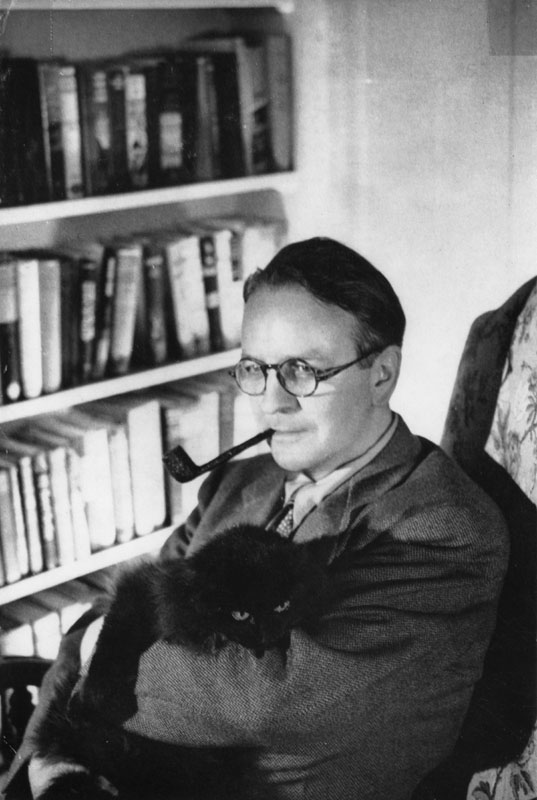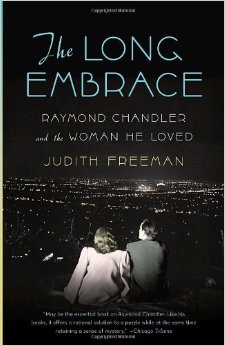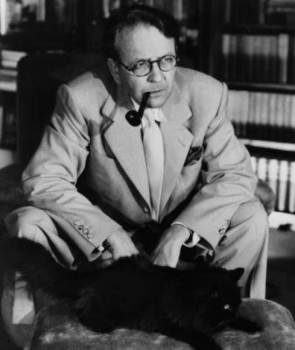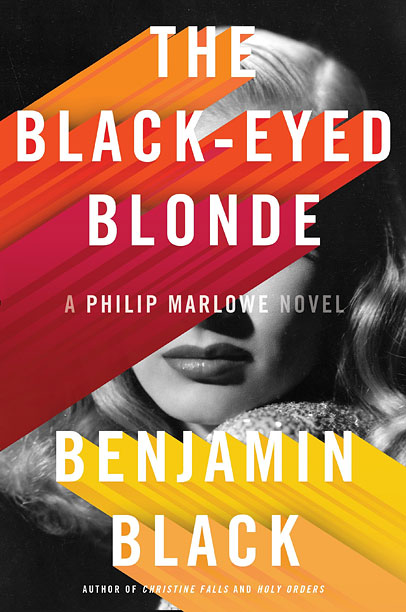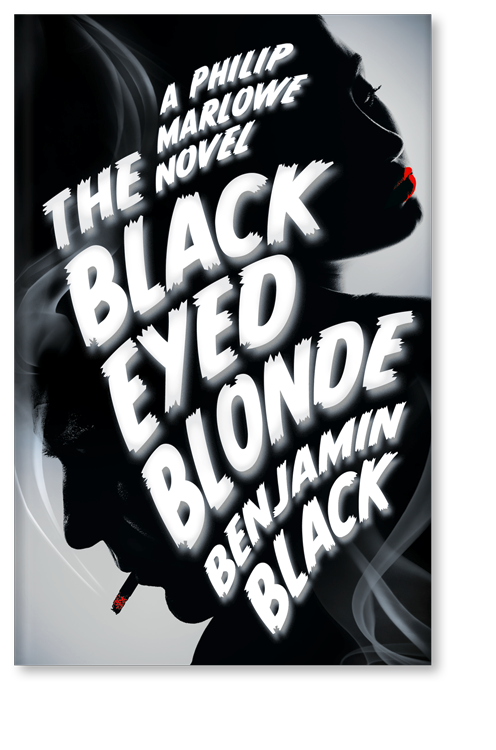A (Black) Gat in the Hand: Will Murray asks, ‘Do Lost Raymond Chandler Stories Exist?’
 “You’re the second guy I’ve met within hours who seems to think a gat in the hand means a world by the tail.
“You’re the second guy I’ve met within hours who seems to think a gat in the hand means a world by the tail.
– Phillip Marlowe in Raymond Chandler’s The Big Sleep
(Gat — Prohibition Era term for a gun. Shortened version of Gatling Gun)
Will Murray makes a return to A (Black) Gat in the Hand. Last month, Strand Magazine (who I wrote DVD reviews for in a prior century) published a lost Raymond Chandler story. Which got Will to thinking…
The recent discovery of a previously unknown and unpublished short story by Raymond Chandler reminded me of a question that’s lingered in my mind for a very long time.
How did Chandler in the early years the Depression support himself and his wife writing for Black Mask and other titles when he only sold a two or three stories a year?
Black Mask was then paying only a penny or a penny and a half a word for fiction to any but their top writers. Chandler was writing stories that were roughly 12 to 18,000 words long. He received $180.00 for his first sale, “Blackmailers Don’t Shoot.“ Even considering what a penny could buy in 1933, when a loaf of sliced bread cost 3 cents, Chandler wouldn’t have been able to survive solely writing for Black Mask.
It wasn’t until 1935 that he broke into Munsey’s Detective Fiction Weekly, which probably paid him two cents a word, and possibly more. A considerable raise, but still far short of what was required for subsistence living. And he only sold one story to DFW, “Noon Street Nemesis.“
Since Chandler had been a well-paid oil company executive until he lost his job in 1932, conceivably his savings carried him for some period. But according to Chandler biographer Tom Hiney, by the time he started working on “Blackmailers,“ Chandler’s savings had been all but exhausted. The story took him five months to write. Add another month or so until he received the acceptance check. So that’s $30.00 a month for six months toil, paid at the end of the six-month period. At his old executive position, Chandler’s salary had approached $10,000 a year.
